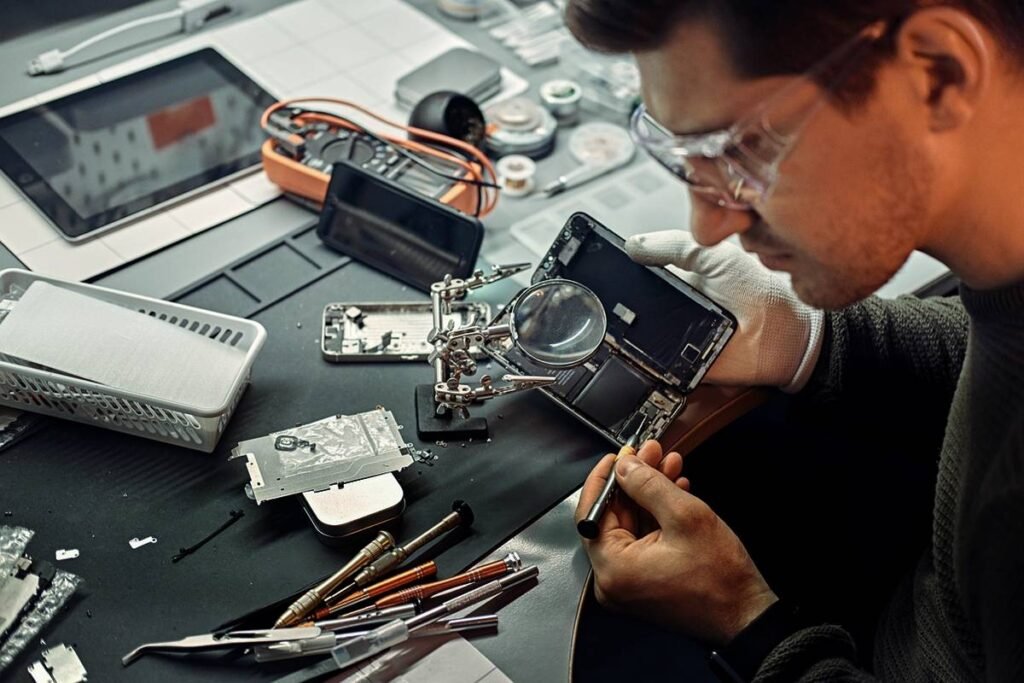The Clean Industrial Dialogue on Circularity identified boosters and blockers to empowering SMEs’ circular business models. The upcoming Circular Economy Act must “Think Small First”, not use one-size-fits-all rules.

“SMEs are key to the circular transition – but unfortunately the business case for circularity still doesn’t add up”, commented SMEunited’s President Petri Salminen during today’s Clean Industrial Dialogue on Circularity with European Commission EVP Ribeira, EVP Séjourné, and Commissioner Roswall.
SMEs play a key role in all industrial ecosystems, which must be better reflected in the implementation of the Clean Industrial Deal in general, and the Circular Economy Act in particular.
Higher costs block scaling up of circular business models. Complex and inconsistent rules are blocking entrepreneurs from greening their business. Access to sustainable finance remains challenging.
To remove barriers to circularity, the Circular Economy Act must focus on three providing incentives (through reduced VAT on recycled and sustainable products and harmonised “End-of-Waste” criteria), simple and inclusive rules (through simple and proportionate Extended Producer Responsibility schemes), and support for SMEs (through regional circularity hubs).
The Clean Industrial Dialogue on Circularity brought together high-level business leaders, civil society and academia. One of the six drivers for competitiveness and decarbonisation identified in the Clean Industrial Deal is the transition to a circular economy. The Dialogue support the preparation of the Circular Economy Act and identifies areas where further efforts are needed.